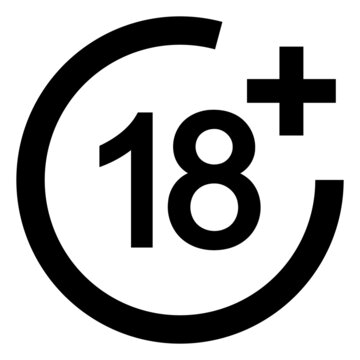Latest News From Fruity Slots
Fruity Slots isn’t just your home for casino news, we’re also bringing you the latest buzz. We know our community has a mix of interests so expect everything, from the latest game shows to breaking entertainment news and of course, the hottest casino trends. Plus keep an eye out as you’ll regularly see us popping up in mainstream media, bringing you exclusive stories to a wider audience.
Latest News
- Read More: Interview with Relax Gaming

Interview with Relax Gaming
Beast Gains continues the Relax x CasinoGrounds collaboration with a familiar cast, high energy…
- Read More: The Winners Of Fruity Slots Community Awards For 2025

The Winners Of Fruity Slots Community Awards For 2025
After another fantastic year of innovation across the slot industry, the results are in…
- Read More: Exclusive Interview with Blueprint Gaming about their 2026 Roadmap

Exclusive Interview with Blueprint Gaming about their 2026 Roadmap
In our latest Q&A, we catch up with one of the most recognisable studios…
- Read More: REEL IT IN THIS CHRISTMAS! Win a share of £2,000 with NO deposit required in the Fruity Slots Special Tournament

REEL IT IN THIS CHRISTMAS! Win a share of £2,000 with NO deposit required in the Fruity Slots Special Tournament
Looking for a festive free-to-enter tournament with real cash prizes? We’ve teamed up with…
- Read More: Interview with Print Studios

Interview with Print Studios
We first became aware of Print Studios four years ago, when they joined Relax…
- Read More: The Famous Fruity Slots 2025 Awards

The Famous Fruity Slots 2025 Awards
It’s that time of year again – Fruity Slots Awards 2025 voting is officially…
- Read More: Peter & Sons To Release its Hits On Spotify

Peter & Sons To Release its Hits On Spotify
Peter & Sons has built a reputation for doing things differently – from standout…
- Read More: Interview with PearFiction Studios

Interview with PearFiction Studios
As Senior Marketing Manager at PearFiction Studios™, Janine Copperstone brings over a decade of…
- Read More: Interview with Snowborn Games

Interview with Snowborn Games
Q&A with Björn Zethraeus Snowborn is a Nordic game studio within the Games Global…







